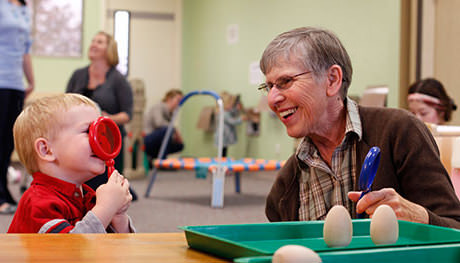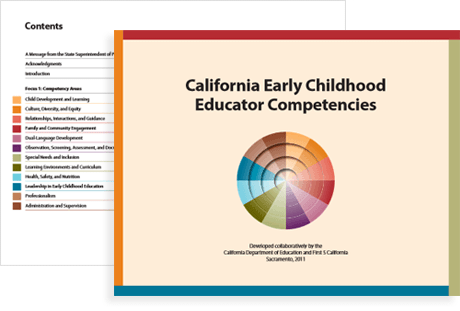Children see the world quite differently than we do. The world is new to them. They are experiencing so many "firsts" and trying to make sense of them. When we seek out their points of view, we gain valuable insights into their thinking, their questions, their fears, and the things that tickle their fancy and delight them. Take time to listen and watch closely. Let their perspectives inform everything you do in your day-to-day practice.

Micah Fialka-Feldman knows what it's like to live with an intellectual disability. Now in college, he speaks across the country about living with a disability, and practices his deep personal insights in his daily life.
Read what he has to share with us about what he has begun to understand about himself.
Read Micah's list aloud. Choose two or three of Micah's statements, and write about the ways that his insights relate to your own thinking and experiences with disability and inclusion.
Write down your reactions. Talk with a colleague or friend about your reactions. Ask them to share their thoughts with you.
Put yourself in the place of a preschooler without disability. Think about what this child knows, is capable of, and believes to be so. Write 10 statements from this child's perspective, like the ones in Micah's list. For example: "I can get up to the table by myself." "My family and teachers love me." "I get help only when I need it." "I can play in the sand." "My daddy plays ball with me." "I drink from a cup."
Now make a list for a child who is the same age as the one whose perspective you expressed above. This second child has lower extremity mobility issues. She uses mobility assistance devices to help her get around.
Use this template to record your observations, thoughts, and feelings. Download the Template
Deepen your understanding by reviewing the Topic: Children's and parents rights in Performance Area 1 of the CA ECE Competencies. Scroll to page 60 .
Can you find other places in this competency area that address your interests and needs?

Visit Micah Fialka-Feldman's website and blog, where he reflects on his own journey and recent victories.